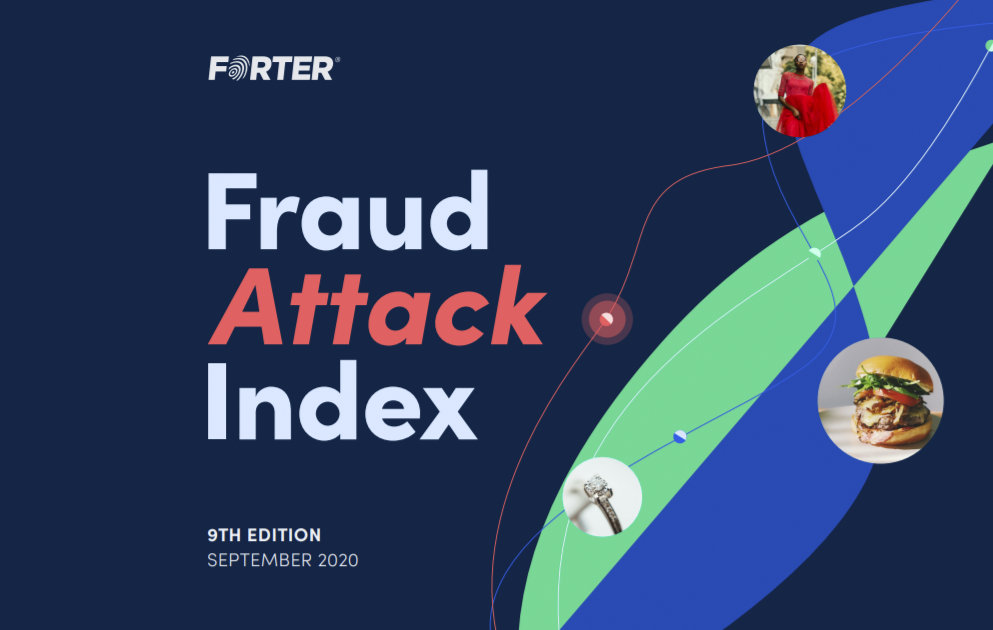IXOPAY and Riskified Announce Partnership to Boost...
- 09.01.2025 03:45 pm
PXP Financial Strengthens Fraud Prevention With...
- 02.01.2025 12:55 pm
New Report From PSR Shows How Fraudsters Exploit Major...
- 17.12.2024 08:35 am
Featurespace Granted Latest U.S. Patent, Demonstrating...
- 12.12.2024 10:05 am
The Majority of Merchants Challenge Fraudulent...
- 12.12.2024 08:55 am
Bectran Joins Forces With Mastercard For Efficient...
- 10.12.2024 07:00 am
Socure's First-Party Fraud Consortium Achieves...
- 06.12.2024 01:15 pm
MCB Bank Partners with BPC to Strengthen Digital...
- 04.12.2024 09:15 am
Finix and Sift Introduce Advanced Fraud Monitoring,...
- 22.11.2024 09:45 am
Sift Unveils Critical New Metrics in Fraud Industry...
- 15.11.2024 04:25 am
Strengthening Consumer Protection: New PSR Rules on...
- 08.11.2024 02:10 pm
Deepfake Fraud Costs the Financial Sector an Average...
- 01.11.2024 06:05 am






















